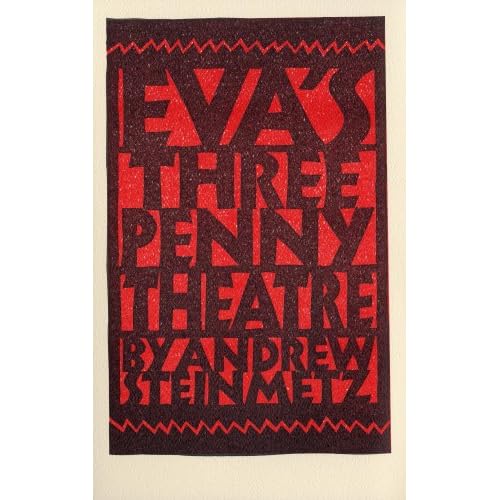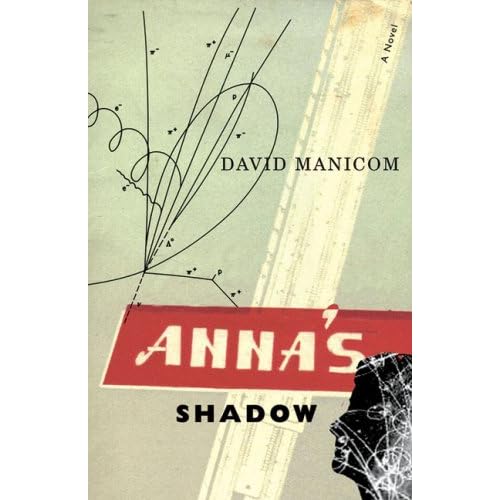
I'll be joining friends, colleagues, and fellow debauchers tonight at the QWF award gala (and, later, we'll all hopefully be feeding on some delicious duck confit at Le Petite Extra, next door). Three Vehicule authors are up for awards. Andrew Hood's
Pardon Our Monsters and Jaspreet Singh's
Chef are both nominated for the QWF Hugh MacLennan Prize for Fiction, and Peter Richardson's
Sympathy for the Couriers is nominted for QWF A.M. Klein Prize for Poetry. I'll be cheering for all of them, but especially for Peter.
Here's Bert Almon's rave of Sympathy for the Couriers from the recent edition of the Montreal Review of Books:
"Peter Richardson's ABC of Bellywork was reviewed in mRb 13. His new book is even better. Richardson continues to balance personal poems with inventions and observations. His storytelling skills have deepened: he channels the voices of losers who are not beautiful but always interesting. Especially strong is the tale of Riley, who seduced his friends' wives and put himself beyond reproach by developing a fatal illness, which brought him even more attention than before. If the life of Riley was irritating, his death was even more so. Another poem retells the story of Billy Bishop, V.C., and subverts it all the way. The commentary on the back cover of Sympathy for the Couriers speaks of the Dantesque voices of his characters. They seem to come out of the Purgatorio, not the Inferno: they are venal or neurotic rather than damned. One of the best is a long tale told on an airplane (how typical that situation has become; all travellers should carry earplugs) by an Italian professor. He recounts his war experiences to the woman sitting next to him. He escaped the Nazis by taking refuge in a church-a suspenseful story. But he undermines the sympathy he has created by divulging that he had sold food and wine to the Nazis in his spare time. The book ends with "South Prospect Folio," a long, deeply moving elegy for a friend that mixes humour and loss in perfect balance. About a third of the way back in the volume are a couple of witty love poems: one in which lovers share a fantasy of having horns, the other about two lovers trying to see themselves in a foggy mirror after a soapy postcoital shower. Both poems are properly and joyfully sexual. Such poems show we have gotten beyond Irving Layton's condemnations of Canadian puritanism. "
 Another catch-up post. Signal poet Susan Glickman (Running in Prospect Cemetery: New and Selected Poems, 2004) was interviewed last October on the increasingly indispensable Desk Space.
Another catch-up post. Signal poet Susan Glickman (Running in Prospect Cemetery: New and Selected Poems, 2004) was interviewed last October on the increasingly indispensable Desk Space.
















